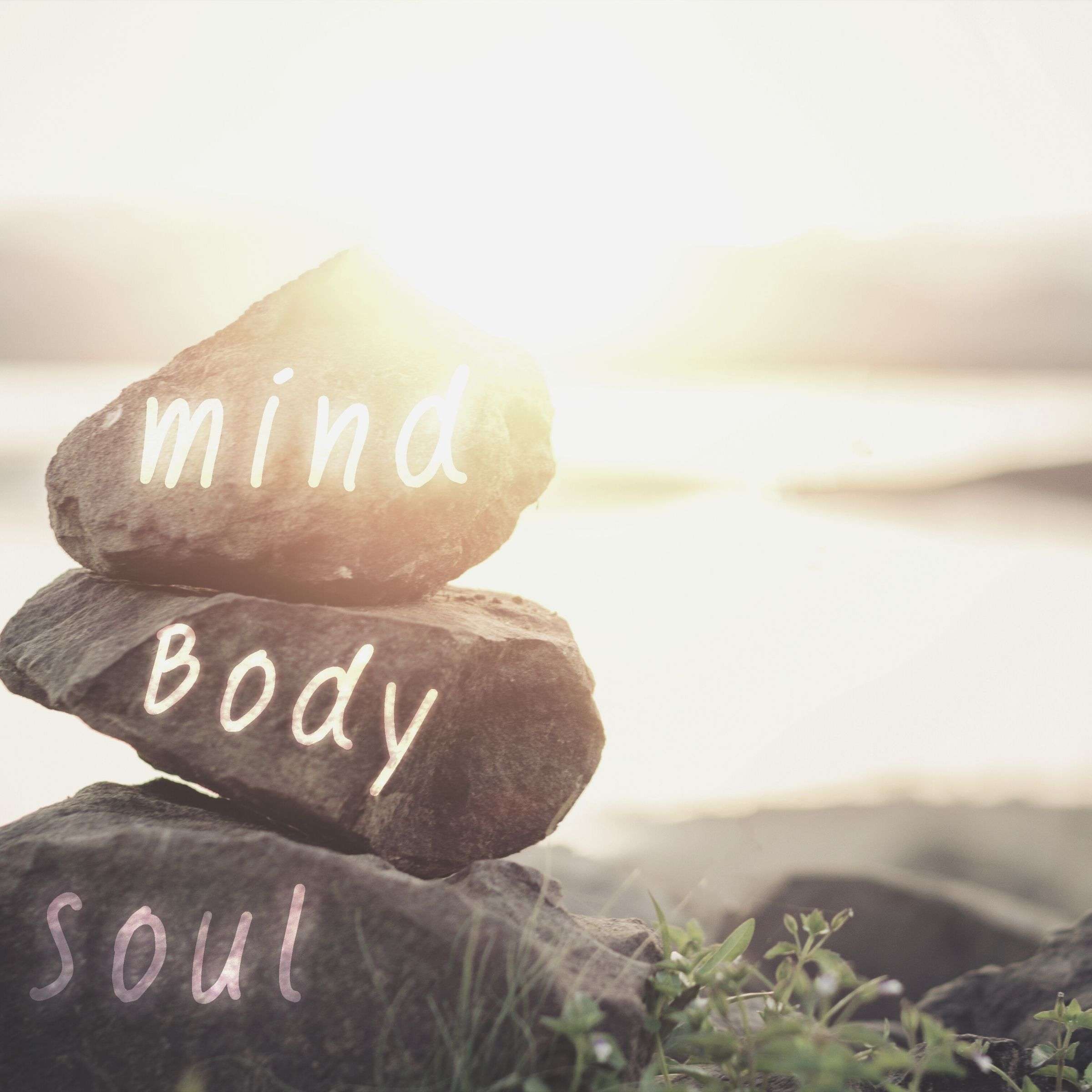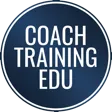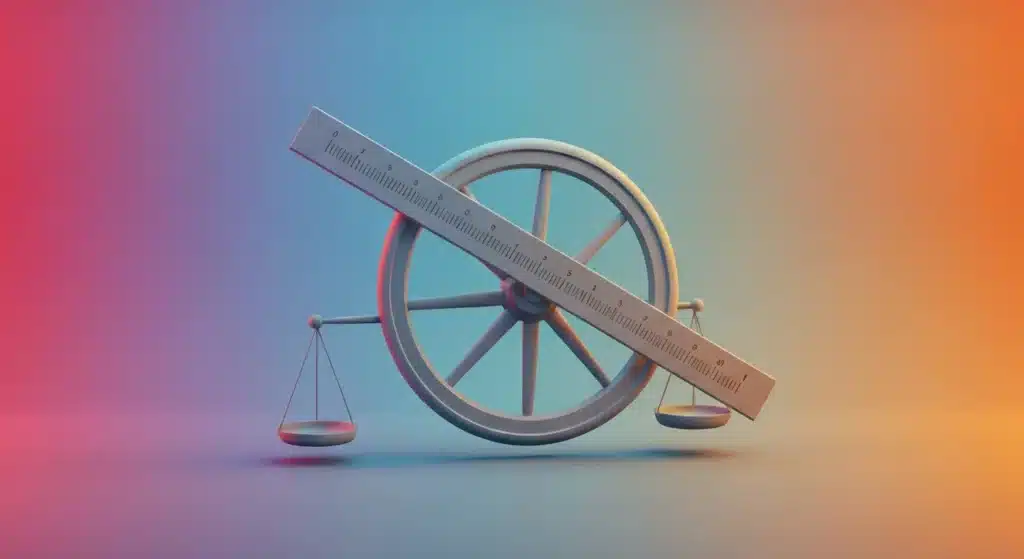
The Missing Piece in the Coaching Process
What is the most important part in the coaching process for you? Focusing on the client? Clearing the agenda? Listening and trusting the process? Yes! All of these things and one more: don’t forget that your client consists of not only a head (or mind) but a body too!
The Power of Body-Based Questions
As you may know, life coaches often notice a client’s body reactions, and sometimes they choose to discuss that. Other times, the coach may just let the client know that his or her body reacts to something or a certain situation. But what if you try to build several powerful questions based on the feelings in the client’s body? It can be very powerful and bring a number of insights for your client!
I used to work as a body–oriented therapist before I started my coaching practice. It was natural for me to speak about my client’s body and explore how it reacts to something. Body perspective makes every coaching tool deeper and much more useful. There are a few top agendas (or coaching tools) where it works best:
Using the Body When Setting Goals
When your client realizes that his or her body feels uncomfortable or not safe while you are talking about certain goals or perspectives, it is a good idea to stop there and coach deeper. Take this opportunity to further your client’s understanding of what has happened or what might happen.
Identifying Negative Assumptions and Limiting Beliefs
Negative assumptions and limiting beliefs. Sometimes, these things are not only in the client’s mind but deep in the body too. Coaching around body reactions and feelings helps your client to understand how deep this belief or assumption lives or how strong (or weak) it is. It can also help your client to build well–designed actions or change their perspective.
Locating the Inner Critic
One of the most powerful questions for my clients is “Where exactly in your body your Inner Critic lives?” It also helps not only find Inner Critic but identify it every time with a little body reminder. For example your client feels Inner Critic like a stone in a stomach and every time this feeling is back it’s the sign for your client.
Future Self
When you create good feelings in the body with your clients, which can sometimes happen while talking about excitement for the future, it is useful to use that feeling as an anchor with your clients. This skill is important for the client to then build a new perspective or well–designed action, especially when thinking about the future.
Acknowledging Physical Shifts and Awareness
Acknowledgement. I like to use acknowledgment to help clients see how great they are. If you add some acknowledgment, not only about their learning or leadership but about changes in their body too, it makes the learning deeper and stronger. We usually start to talk about changes in mindset or actions, and then we begin to discuss how the client’s body has changed. This often brings about a lot of self-awareness and strength in the coaching process.
I am going to continue to share my own experience and talk about why it is so important to coach a “body” part when you work with teenagers but also I am so curious to hear your thoughts!




